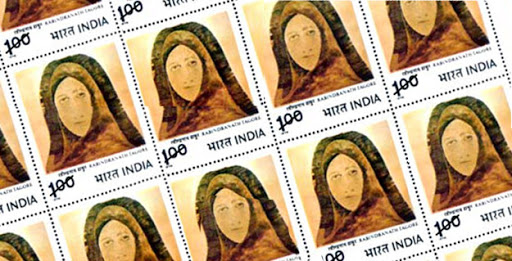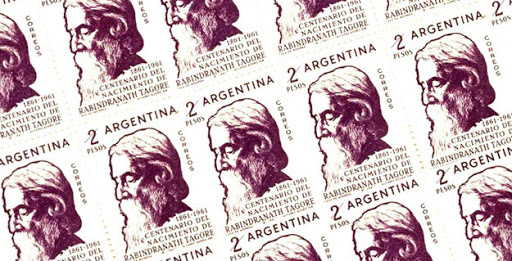Tata Steel, formerly known as TISCO (Tata Iron and Steel Company Limited), is a steel company based in Mumbai, India. It is part of Tata Group of companies.
Its main plant is located in Jamshedpur, Jharkhand, though with its recent acquisitions, the company has become a multinational with operations in various countries. The registered office of Tata Steel is in Mumbai. In the year 2000, the company was recognised as the world's lowest-cost producer of steel. The company was also recognised as the world's best steel producer by World Steel Dynamics in 2005. The company is listed on BSE and NSE; and employs about 82,700 (2007) people
Tata Steel was established by Indian Parsi businessman Jamshedji Nusserwanji Tata in 1907 (he died in 1904, before the project was completed). Tata Steel introduced an 8-hour work day as early as in 1912 when only a 12-hour work day was the legal requirement in Britain. It introduced leave-with-pay in 1920, a practice that became legally binding upon employers in India only in 1945. Similarly, Tata Steel started a Provident Fund for its employees as early as in 1920, which became a law for all employers under the Provident Fund Act only in 1952. Tata Steel's furnaces have never been disrupted on account of a labour strike and this is an enviable record of sorts.
On October 20, 2006, Tata Steel announced that it had agreed to pick up a 100% stake in the Anglo-Dutch steel maker Corus Group at 455 p. per share in an all cash deal, cumulatively valued at GBP 4.3 billion (USD 8.04 billion).
On November 19 2006, the Brazilian steel company CSN launched a counter offer for Corus at 475 pence per share, valuing it at $8.4 billion.
On December 11 2006, Tata preemptively upped the offer to 500 pence, which was within hours trumped by CSN's offer of 515 pence per share, valuing the deal at $ 9.6 Billion. The Corus board promptly recommended both the revised offers to its shareholders.
On January 31 2007 Tata Steel won their bid for Corus after offering 608p per share, valuing Corus at £6.7 bn ($11.3bn); as a result and pending acceptance and completion of the takeover, the joining of the two will create the fifth largest steel company in the world










